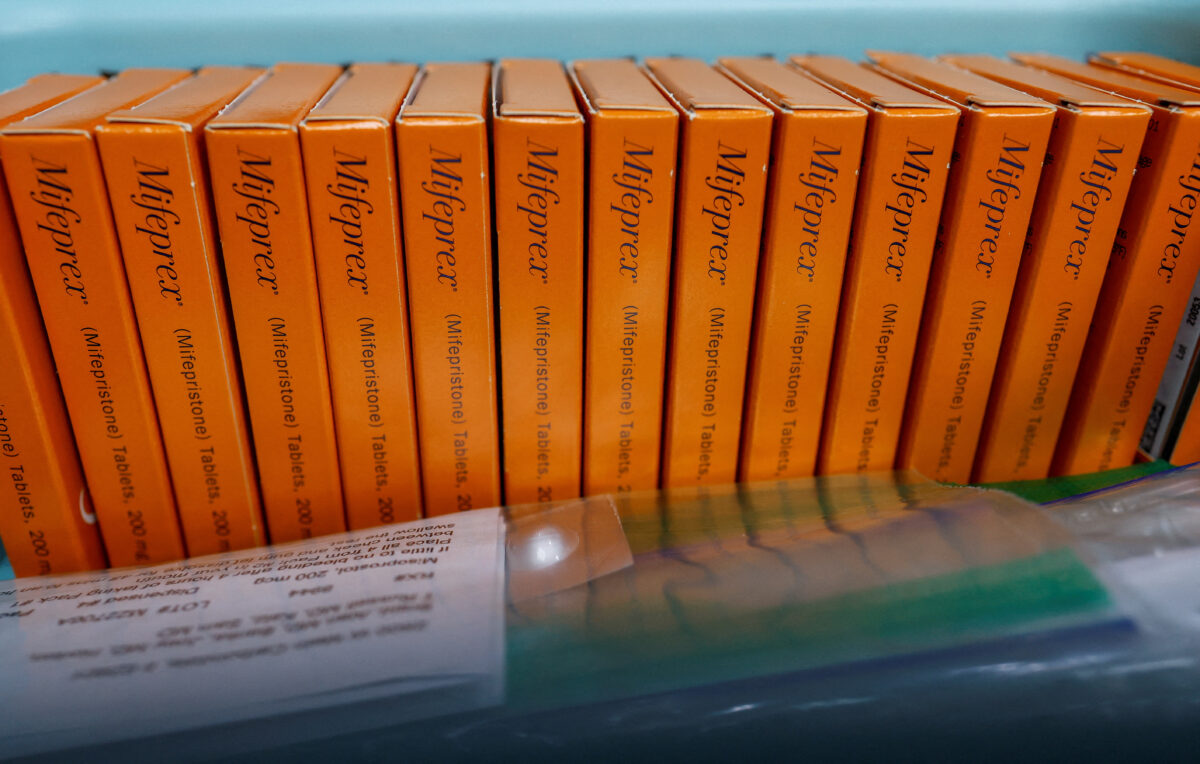Telemedicine abortion is as safe, effective as in-person care, US study finds

FILE PHOTO: Boxes of Mifepristone, the first pill in a medical abortion, are seen at Alamo Women’s Clinic in Carbondale, Illinois, U.S., April 20, 2023. REUTERS/Evelyn Hockstein
Abortion pills sent to pregnant women after video call or text message consultations are as safe and effective as in-person care, according to a large study from the United States, where access to abortion has been markedly curtailed in recent years.
Since the U.S. Supreme Court decision in 2022 to eliminate the nationwide right to abortion, at least 14 U.S. states have put in place outright abortion bans while many others prohibit abortion after a certain duration of pregnancy.
A ruling on access to the pill is also pending this year, with abortion rights more broadly a key issue in the upcoming presidential election.
The new study, published in Nature Medicine on Thursday, adds to decades of evidence from around the world that telemedicine abortions are safe and effective.
The team led by Ushma Upadhyay at the University of California used data on 6,034 abortions provided by three virtual clinics operating in 20 states and Washington D.C. between April 2021 and January 2022.
The U.S. Food and Drug Administration dropped its “in-person” dispensing requirement for the first drug in medical abortion, mifepristone, in 2021, although the decision is part of what is now being challenged in the Supreme Court.
The study found that 97.7% of abortions were complete after the initial treatment, and 99.8% were not followed by any serious adverse event. Both were comparable figures to data on medical abortions provided at in-person clinics in early pregnancy.
It also found no difference in safety or effectiveness when patients were screened either by video call or text message.
Telemedicine abortion using mifepristone and another drug taken at the same time, misoprostol, has become “critical to addressing surges in demand in states where abortion remains legal”, the paper says.
“Policies that restrict telehealth abortion owing to concerns or claims about effectiveness or safety need to be revisited and revised to ensure equitable access to this essential healthcare service,” it adds.
The World Health Organization also recommends the method in early pregnancy.

